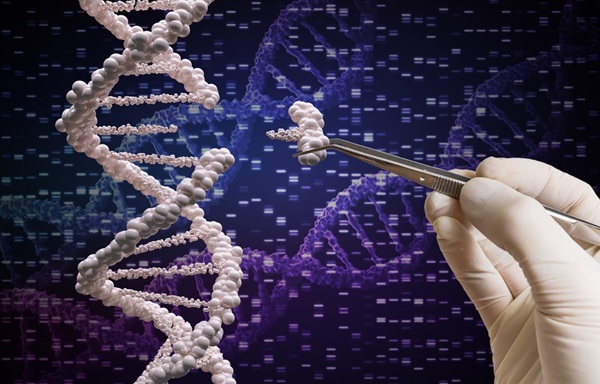Nitroxoline Blocks Bladder and Breast Cancer Growth in a Mouse Model
By LabMedica International staff writers
Posted on 31 Jan 2011
The antibiotic nitroxoline, which is already approved for use in humans for treatment of urinary tract infections, has been found to block the growth of breast and bladder cancers in a mouse model effectively.Posted on 31 Jan 2011
Investigators at Johns Hopkins University (Baltimore, MD, USA) spotted the anticancer properties of nitroxoline as the result of screening a large number of chemical compounds for reagents that would inhibit the enzyme type 2 methionine aminopeptidase (MetAP2), which has been linked to new blood vessel formation and is overexpressed in some types of cancer.
Both a high throughput screen of more than 175,000 chemical compounds and a more directed screen of 2,687 [US] Food and Drugs Administration-approved and commonly used drugs pinpointed nitroxoline as the most effective inhibitor of MetAP2. When tested in a mouse model, nitroxoline was shown to reduce new blood vessel formation dramatically.
Nitroxoline was then used to treat two mouse cancer models: human breast cancer xenografts and mouse orthotopic-bladder cancer. Results published in the December 15, 2010, issue of the Journal of the National Cancer Institute revealed that injections of nitroxoline every other day for 30 days in the case of breast cancer or every day for two weeks in the case of bladder cancer reduced breast tumor volume by 60% and bladder tumor volume by more than 50%.
"Angiogenesis, the growth of new blood vessels, plays an important role in tumor growth and metastasis, so inhibiting angiogenesis is a promising strategy for developing new anticancer drugs,” said senior author Dr. Jun O. Liu, professor of pharmacology and molecular sciences at Johns Hopkins University. "There are limitations of this study, but we find the results encouraging enough to pursue further study of nitroxoline for preclinical and clinical use in treating bladder carcinomas.”
Related Links:
Johns Hopkins University











 (3) (1).png)


